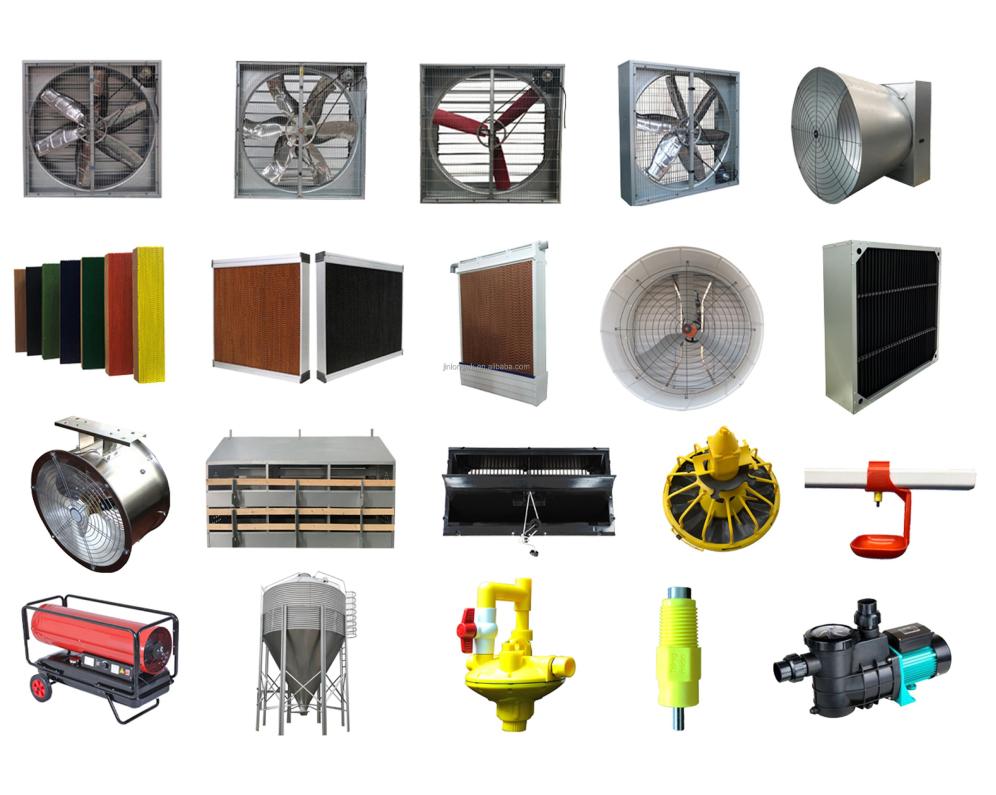poultry broiler cage
Nov . 12, 2024 00:36 Back to list
poultry broiler cage
The Role of Broiler Cages in Poultry Farming
Poultry farming has long been an integral part of agricultural practices around the world, providing a significant source of protein for human consumption. Among various poultry species, broilers, which are specifically raised for meat production, have gained prominence due to their rapid growth and high feed efficiency. In recent years, the use of broiler cages has emerged as a controversial yet critical topic in poultry farming.
Understanding Broiler Cages
Broiler cages are specialized enclosures designed to house chickens raised for meat. These cages vary in design and size but generally provide a confined space where several birds can be housed together. The primary purpose of these cages is to optimize space, provide efficient management, and ensure the health and safety of the chickens. By controlling their environment, farmers aim to enhance growth rates and minimize disease transmission.
Advantages of Broiler Cages
1. Space Efficiency One of the most significant benefits of using broiler cages is the efficient use of space. In conventional systems where chickens roam freely, they require a larger area. Caged systems allow farmers to increase the density of birds while still maintaining suitable living conditions.
2. Disease Control Cages can help prevent the spread of diseases among birds. In a controlled environment, it is easier to monitor and manage the health of the flock. This is particularly important in large-scale operations where the risk of disease can escalate quickly.
3. Nutritional Management With broiler cages, farmers can ensure that each bird has access to food and water consistently. This controlled feeding process enhances growth rates, improving overall productivity and profitability.
4. Labor Efficiency Caged systems can reduce labor costs. Compared to traditional free-range systems, managing a flock in cages is often simpler and requires less time for feeding, watering, and health checks, allowing farmers to focus on other important aspects of their operations.
poultry broiler cage

Ethical Concerns and Animal Welfare
Despite the advantages, the use of broiler cages has attracted significant criticism related to animal welfare. Critics argue that confining birds to cages restricts their natural behaviors, such as movement, foraging, and social interactions. Proponents of animal rights maintain that ethical farming practices should prioritize the well-being of animals, advocating for free-range or enriched systems instead.
As public awareness around animal welfare increases, many consumers are demanding more humane practices in poultry farming. The poultry industry faces pressure to adapt by improving cage designs or transitioning to more welfare-friendly systems. Enriched cages, which provide birds with additional space and opportunities to engage in natural behaviors, are becoming more popular as a compromise between efficiency and animal welfare.
Regulations and Future Trends
In many regions, governments have started introducing regulations to limit the use of traditional caged systems. For instance, several countries in Europe have moved towards banning the use of battery cages altogether, pushing the industry towards cage-free environments. The United States is also witnessing a shift, with numerous companies pledging to eliminate the use of conventional cages in response to consumer demand.
Looking to the future, it is essential for the poultry industry to find a balance between productivity and ethical standards. Innovations in technology could provide solutions to enhance animal welfare while maintaining efficiency. For example, advanced monitoring systems can help farmers track individual bird health and behavior, allowing for better management without sacrificing density.
Moreover, research into alternative housing systems, such as aviary systems or larger enriched cages, might enable farmers to meet both productivity goals and animal welfare standards. Educating consumers about the practices behind poultry farming will also be vital in shaping industry standards and consumer choices.
Conclusion
Broiler cages play a significant role in modern poultry farming, offering several advantages in terms of productivity and disease management. However, they also bring forth ethical considerations that cannot be ignored. The future of broiler production will likely involve a combination of improved cage systems and innovative housing solutions that prioritize both animal welfare and practical farming requirements. As the industry evolves, it is crucial for stakeholders to engage in dialogue and collaboration to foster sustainable and humane poultry practices.
-
Automatic Feeding Line System-Pan Feeder Nipple Drinker|Anping County Yize Metal Products Co., Ltd.
NewsJul.29,2025
-
Hot Sale 24 & 18 Door Rabbit Cages - Premium Breeding Solutions
NewsJul.25,2025
-
Automatic Feeding Line System Pan Feeder Nipple Drinker - Anping County Yize Metal Products Co., Ltd.
NewsJul.21,2025
-
Automatic Feeding Line System Pan Feeder Nipple Drinker - Anping County Yize Metal Products Co., Ltd.
NewsJul.21,2025
-
Automatic Feeding Line System - Anping Yize | Precision & Nipple
NewsJul.21,2025
-
Automatic Feeding Line System - Anping Yize | Precision & Nipple
NewsJul.21,2025






